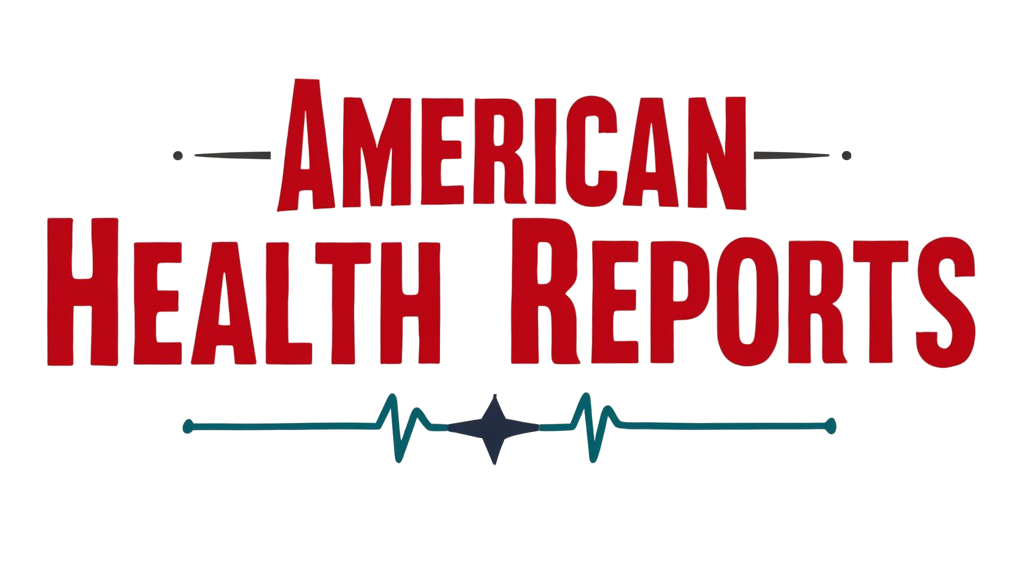Timing Your Showers Wrong? Discover the Surprising Health Risks
Share
Showering at the wrong time can put your health at risk, according to Dr. Mandell. Many people don’t realize that common shower habits could be harming their bodies. This guidance matters especially for older adults who face higher risks.
Right after eating is a dangerous time to shower. Your body needs blood flow for digestion, but showering redirects it away from your stomach. This can cause nausea and poor nutrient absorption. Waiting at least 30 minutes after meals protects your digestive system.
Showering right before bed is another mistake. The temperature change tricks your body into waking up instead of winding down. This disruption leads to poor sleep quality and next-day fatigue. Evening showers should happen 1-2 hours before bedtime for better rest.
When you’re exhausted, showering becomes risky. Fatigue slows your reaction time while heat dilates blood vessels. This combination increases dizziness and fall risk. If you’re extremely tired, skip the shower entirely until you’ve rested.
Morning showers offer real health benefits. They boost circulation and alertness to start your day strong. The key is showering after you’re fully awake—not during that groggy first hour after waking. This timing aligns with your body’s natural rhythm.
Safety precautions matter in the shower. Install grab bars and non-slip mats to prevent falls. Keep water at moderate temperatures—not too hot—to avoid blood pressure spikes. These simple steps protect vulnerable seniors especially.
Dr. Mandell’s advice comes down to common sense. Listen to your body and respect its natural processes. Making small timing adjustments protects your health without costing money or time.
Taking control of daily habits puts you in charge of your well-being. This practical knowledge helps hardworking Americans stay strong and independent. Share these tips to protect loved ones from preventable harm.










GIPHY App Key not set. Please check settings